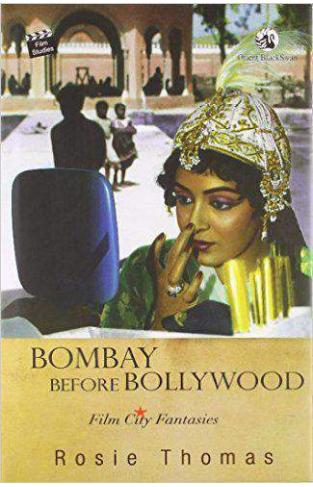This is a history of Bombay cinema told from a fresh perspective Rosie Thomas rejects the usual emphasis on early social melodramas and mythological films (like Dadasaheb Phalke’s Harishchandra) that have become generally identified with the origins of an authentic 'Indian' national cinema Instead, she tells the stories of the popular films circulating in the B and C-circuits in the decades before and immediately after independence. These were films which catered to the tastes of mass audiences rather than the educated elite The focus is on the stunt, action and costume dramas of the period, including the 1924 fairy fantasy Gul-e-Bakavali; the 1933 talkie Lal-e-Yaman; the exploits of stunt queen Fearless Nadia; the magical never-never lands of Hatimtai and Aladdin; and the 1960s stunt capers Zimbo and Khilari.The book argues that Bombay cinema has always been culturally hybrid, borrowing freely from global popular culture (Hollywood films, Arabian Nights stories) and hybrid local theater traditions like the Urdu-Parsi theater
Table of Contents:
Bombay before Bollywood: Film City Fantasies
Part One
Introduction to Part One
Thieves of the Orient: The Arabian Nights in Early Indian Cinema
Distant Voices, Magic Knives: Lal-e-Yaman and the Transition to Sound in Bombay Cinema
Not Quite (Pearl) White: Fearless Nadia, Queen of the Stunts
Zimbo and Son Meet the Girl with a Gun
Still Magic: An Aladdin's Cave of 1950s B-Movie Fantasy
Part Two
Introduction to Part Two
Where the Money Flows, the Camera Rolls
Indian Cinema: Pleasures and Popularity
Sanctity and Scandal: The Mythologisation of Mother India
Mother India Maligned: The Saga of Sanjay Dutt












